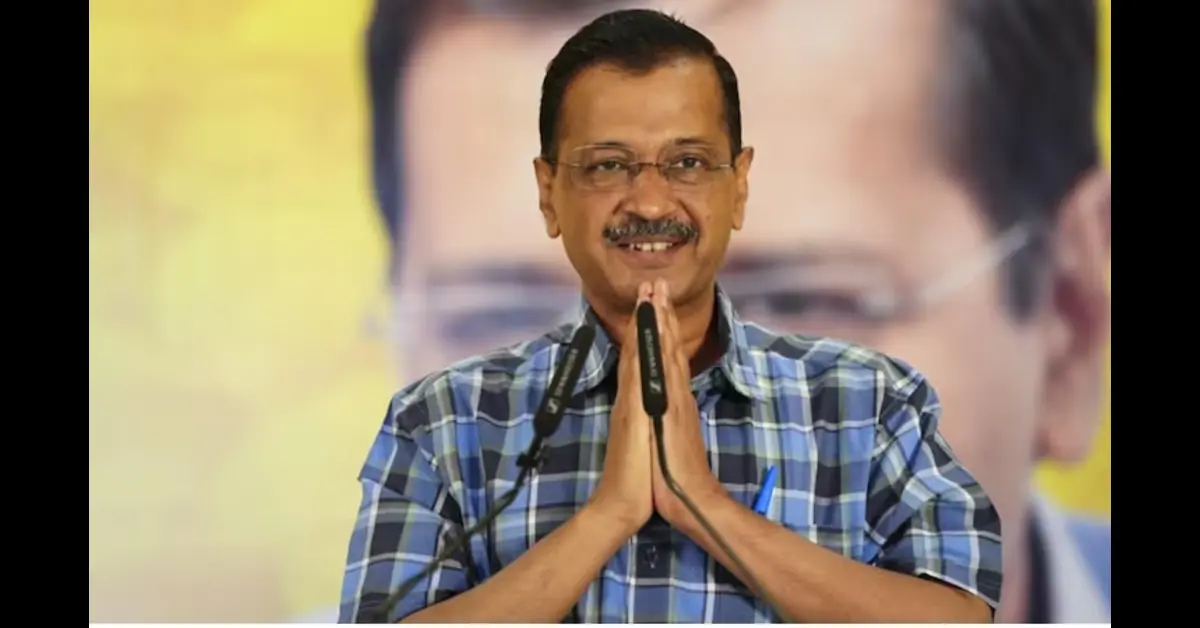Table of Contents
Introduction
In a significant development, Delhi Chief Minister Arvind Kejriwal has been granted bail in the much-discussed liquor policy case. This decision marks a pivotal moment in a legal battle that has garnered widespread attention, impacting not only Kejriwal’s political career but also the public perception of governance and accountability.
Background of the Liquor Policy Case
The liquor policy case revolves around allegations that the Delhi government, under Kejriwal’s leadership, implemented a liquor policy favoring certain vendors, leading to financial irregularities. Critics accused Kejriwal of corruption and misuse of power, while his supporters maintained that the policy was aimed at modernizing the liquor distribution system in the city.
Legal Proceedings
The case has seen a series of legal proceedings over several months. The prosecution presented evidence suggesting favoritism and corruption, while Kejriwal’s defense argued that the policy was transparent and aimed at increasing revenue for the state. The case has involved extensive documentation and testimonies from various stakeholders.
The Bail Hearing
During the bail hearing, Kejriwal’s legal team emphasized the lack of concrete evidence directly linking him to any wrongdoing. They argued that the charges were politically motivated and intended to tarnish his reputation. The defense also highlighted Kejriwal’s cooperation with the investigation and his commitment to abide by any conditions set by the court.
Court’s Decision
The court, after reviewing the arguments, granted bail to Arvind Kejriwal. The decision was based on the assessment that there was insufficient evidence to justify prolonged custody. The bail conditions include regular reporting to the investigating agency and a prohibition on tampering with evidence or influencing witnesses.
Reactions to the Bail Decision
Arvind Kejriwal, in a statement following the decision, expressed relief and reiterated his innocence. He thanked his supporters for standing by him and vowed to continue his work for the people of Delhi. Political opponents, however, criticized the decision, claiming it set a dangerous precedent for accountability in governance.
Implications for Kejriwal’s Political Career
The bail decision has significant implications for Kejriwal’s political career. While it provides him temporary relief, the ongoing legal battle could impact his public image and political standing. Kejriwal will need to navigate these challenges carefully to maintain his position and credibility.
Public Opinion
Public reaction to the bail decision has been mixed. Social media platforms were abuzz with varied opinions, reflecting the polarized views on Kejriwal’s leadership. Some praised the decision as a victory for justice, while others saw it as a setback in the fight against corruption.
Comparative Analysis
The Kejriwal case is not isolated; it fits into a broader context of political cases in India. Comparing this with other high-profile cases reveals patterns in how legal battles are fought and perceived in the public domain. Historical cases provide insights into the potential outcomes and long-term impacts on political careers.
Expert Opinions
Legal experts have weighed in on the bail decision, with some viewing it as a reasonable outcome given the evidence presented. Others have raised concerns about the implications for the judicial process and political accountability. Political analysts suggest that while the bail provides immediate relief, the long-term impact on Kejriwal’s career remains uncertain.
Media Coverage
The media coverage of the case has been extensive, with numerous articles and news segments dedicated to the developments. Different media outlets have provided varying perspectives, influencing public opinion and shaping the narrative around the case.
Political Repercussions
The bail decision has reverberated through Delhi’s political landscape. Other political parties have seized the opportunity to criticize Kejriwal and the Aam Aadmi Party, while his supporters view the decision as a vindication of their leader. The case continues to be a focal point in the political discourse of the state.
Lessons Learned
The liquor policy case offers valuable lessons for political leaders and the public. It underscores the importance of transparency and accountability in governance. The legal precedents set by the case could influence future political and legal battles in India.
PM Modi Two-Day Visit to Jammu & Kashmir Begins on June 20: Full Schedule
Conclusion
In conclusion, Arvind Kejriwal’s bail in the liquor policy case marks a significant moment in Delhi’s political and legal landscape. While the immediate relief is evident, the long-term implications of the case will unfold in the coming months. This case serves as a reminder of the complex interplay between politics, law, and public perception in India.
